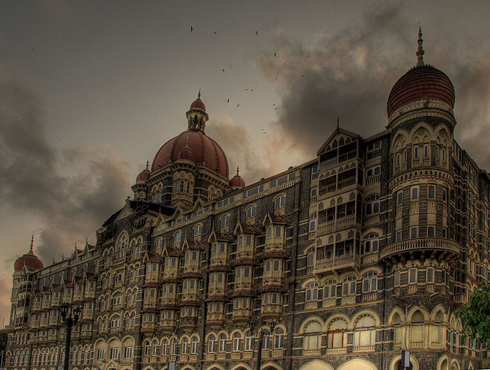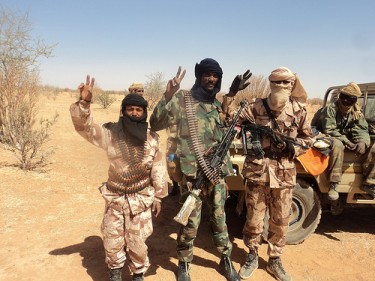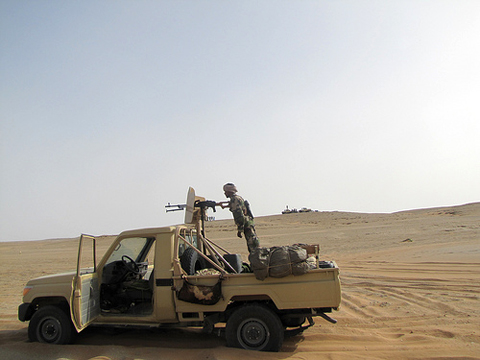
On November 21, Mohammed Ajmal Amir Kasab, a Pakistani Lashkar-e-Taiba militant and the only terrorist to be captured alive during the 2008 attack on Mumbai, was executed. The execution came after Indian President Pranab Mukherjee rejected a plea for mercy by the 25 year-old Kasab, a move that marked the end of a lengthy judicial process.
As soon as news broke about the hanging, online reactions poured in fast and furious. The news also rekindled debate about the death penalty in India and whether it was likely to deter or provoke future terrorist attacks.
Lashkar-e-Taiba (LET), who rose to greater prominence after the Mumbai attack, immediately threatened that there would be more attacks. Pakistan’s Taliban also vowed to attack Indian targets.
B. Raman, a former Indian bureaucrat, commented on the dangers in his blog:




